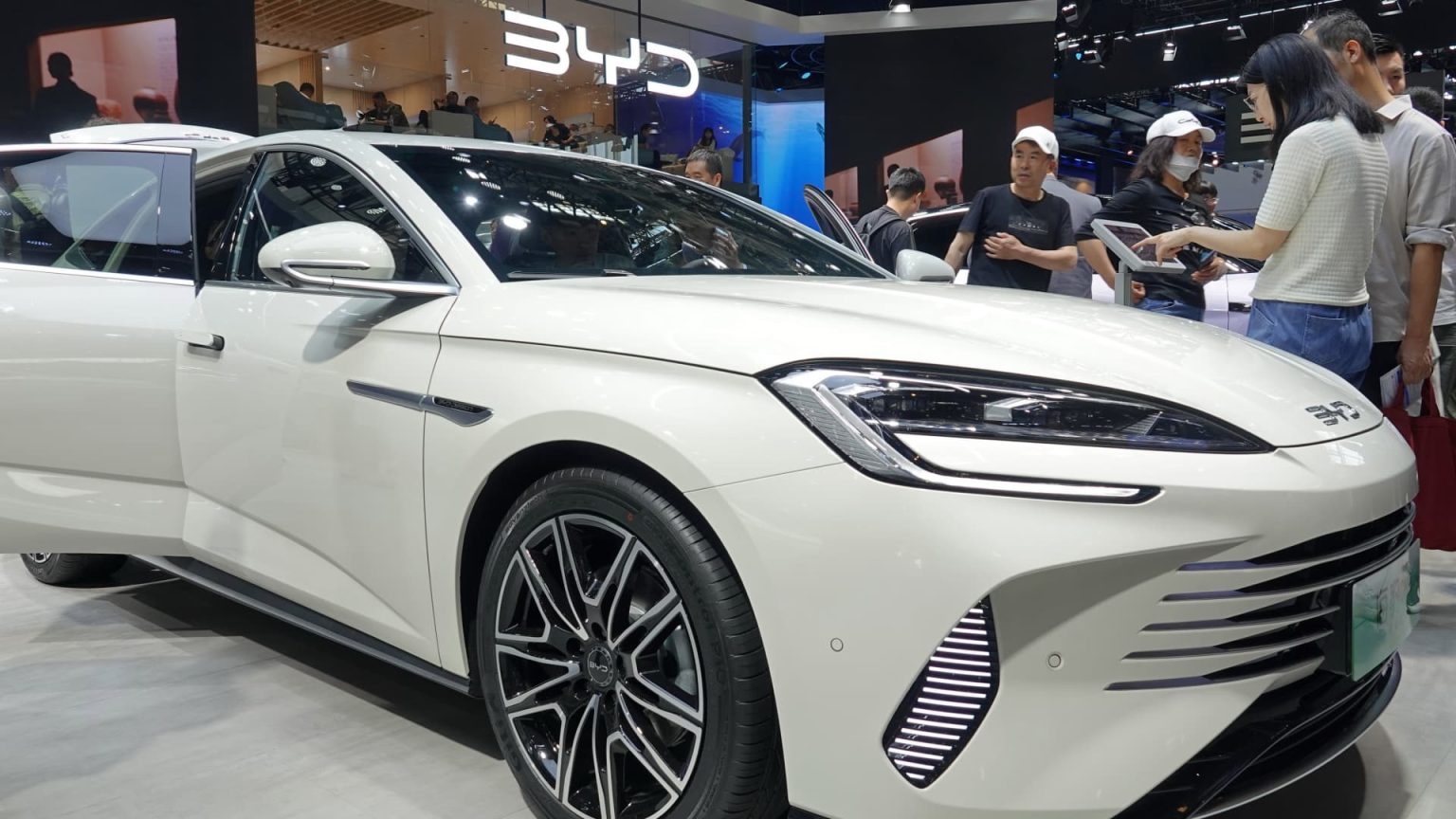Shares of Chinese electric vehicle makers surged on Thursday morning after the European Union announced higher tariffs on Chinese EVs, with Hong Kong’s Hang Seng index rising 1.23% powered by gains in EV stocks. BYD, Geely, Nio, and Li Auto saw their shares climb, while state-backed SAIC was down. The EU imposed extra tariffs on Chinese EV players with BYD subject to an additional 17.4%, Geely 20%, and SAIC 38.1%. Other Chinese EV firms face extra tariffs ranging from 21% to 38.1%, based on their cooperation in the EU probe. The EU cited unfair subsidization as a threat to its EV industry.
Analysts noted that the EU tariffs were relatively modest compared to U.S. duties on Chinese EVs, which were recently increased to 100%. The additional tariffs are in line with market expectations and will be implemented from July 4 if discussions with Chinese authorities do not result in a resolution. The definitive measures will be put in place within four months of the provisional duties. The EU seems to be warning Chinese state-backed SAIC to build a production facility in Europe or face tariffs. BYD and Geely, which have significant investments in Europe, were mentioned as having avoided higher tariffs due to their existing presence in the region.
BYD, the top gainer on the Hang Seng index, jumped 8% during morning trade, while Geely was up about 4%. Nio and Li Auto also saw their shares climb. SAIC, on the other hand, was down more than 2%. The EU’s move to impose higher tariffs on Chinese EVs comes after an ongoing probe that found evidence of unfair subsidization benefiting Chinese EV makers. The EU said it provisionally concluded that Chinese EV makers posed a threat of economic injury to its EV industry. The tariffs are currently provisional and will be introduced from July 4 if discussions with Chinese authorities do not result in a resolution.
Chinese EV makers that cooperated in the investigation will face extra tariffs ranging from 21% to 38.1%, while non-cooperating firms will be subject to 38.1% in additional duties. The EU’s decision to impose tariffs on Chinese EVs follows the U.S. government’s increase in duties to 100% last month. The EU’s move is seen as a warning to Chinese automakers to build production facilities within Europe to avoid higher tariffs. BYD has committed to building a new EV plant in Hungary, while Geely, which owns Volvo, has started moving production of some vehicles from China to Belgium. The definitive measures will be implemented within four months of the provisional duties if discussions do not result in a resolution.


